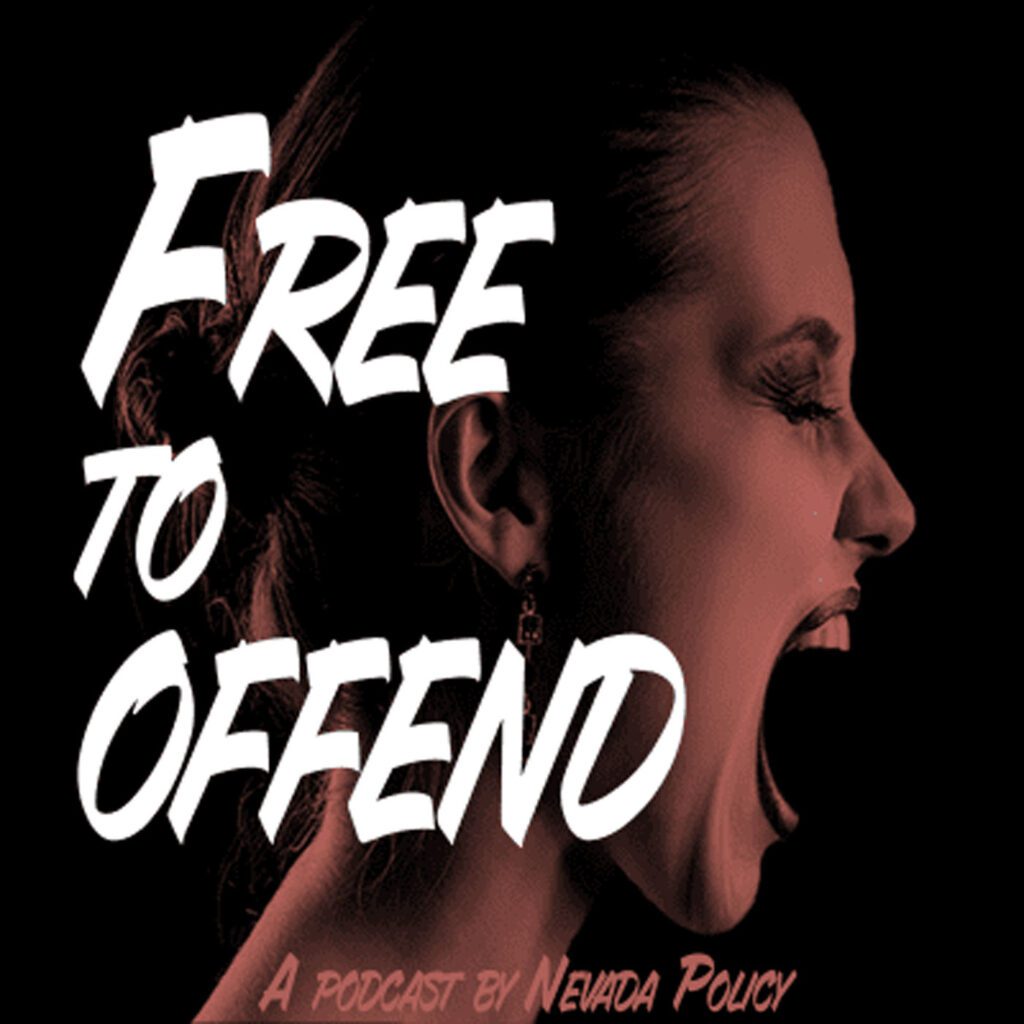Guest: Aaron Withe, Freedom Foundation
As unionization rates continue to decline across the nation, union bosses are getting increasingly political in an effort to reverse the trend.
Freedom Foundation Chief Executive Officer Aaron Withe joined the program to talk about the political business model both private-sector and public-sector unions are using to increase their revenue – and why such methods are not only a danger to taxpayers, but also bad for workers themselves.
